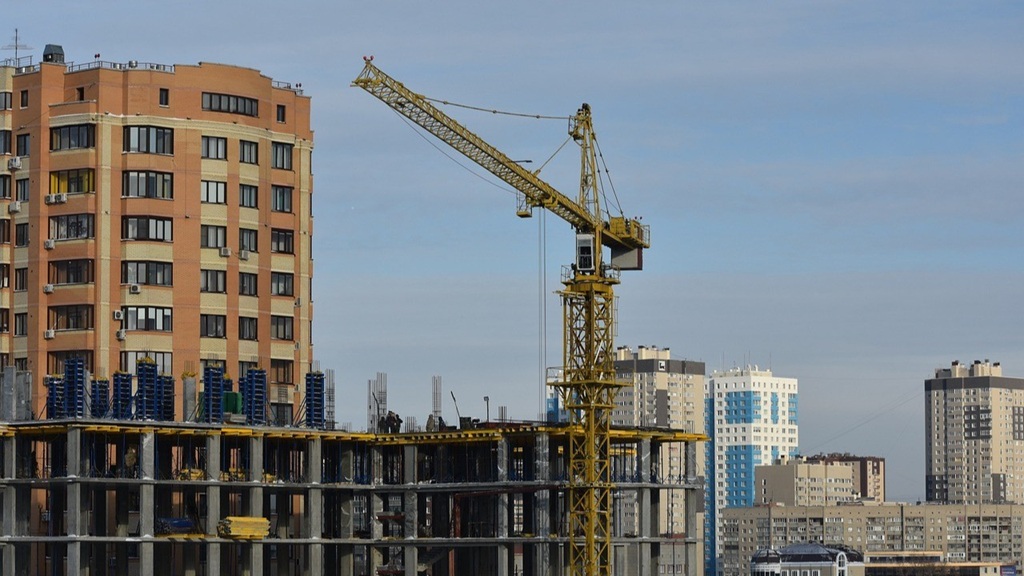Facilities management Singapore has become the silent battleground where the quality of urban life is won or lost, particularly as thousands of residents navigate the complex ecosystem of condominium living in one of the world’s most densely populated cities. Behind every gleaming facade and manicured garden lies a web of decisions, relationships, and power dynamics that fundamentally shape how people experience home.
The Human Cost of Poor Management
Walk through any residential estate in Singapore at dawn, and you’ll witness the invisible choreography of modern urban living. Security guards change shifts, cleaners begin their rounds, and maintenance crews address overnight concerns. Yet beneath this routine lies a deeper truth: the quality of this coordination determines whether residents experience their homes as sanctuaries or sources of stress.
Consider Mrs Chen, a working mother in Toa Payoh who discovered water damage in her unit’s ceiling. The response time, communication quality, and resolution effectiveness from her building’s management team didn’t just affect her insurance claim – it determined whether her family faced weeks of displacement, whether her children could study in peace, whether she could maintain her work schedule without disruption. This is the human reality behind facilities management Singapore statistics.
The Condo Managing Agent Dilemma
Condo managing agents in Singapore occupy a unique position in the urban ecosystem. They’re simultaneously service providers, mediators, financial stewards, and community architects. The complexity of their role has intensified as Singapore’s residential landscape has evolved toward high-density living where hundreds of families share common spaces, utilities, and governance structures.
The power dynamics are intricate and consequential. A competent managing agent can transform a collection of individual units into a thriving community. An incompetent one can create years of frustration, financial waste, and social tension. The difference isn’t merely administrative – it’s about understanding the delicate balance between individual needs and collective welfare.
The Economics of Residential Management
The financial implications of facilities management Singapore decisions ripple through residents’ lives in ways that extend far beyond monthly maintenance fees. Consider these interconnected impacts:
• Property Value Protection: Well-managed condominiums maintain higher resale values, protecting families’ primary financial asset
• Energy Efficiency Optimisation: Smart building management can reduce individual utility costs by 20-30%
• Preventive Maintenance: Early intervention prevents costly emergency repairs that typically fall on residents through special assessments
• Insurance Cost Management: Proper risk management and claims handling can significantly impact insurance premiums
• Amenity Maximisation: Effective scheduling and maintenance of shared facilities increases residents’ quality of life without additional cost
As one resident management committee member observed: “We thought we were just hiring someone to collect fees and arrange cleaning. We discovered we were actually choosing who would determine our family’s financial security and daily peace of mind.”
The Social Architecture of Community Living
Condo managing agents in Singapore don’t simply maintain buildings – they shape communities. Their approach to communication, conflict resolution, and policy implementation creates the social climate that residents experience daily. This influence extends into the most intimate aspects of family life.
The agent who responds promptly to noise complaints protects families’ sleep and children’s study time. The one who ensures playground equipment is properly maintained safeguards children’s physical development and parents’ peace of mind. The agent who facilitates clear communication about building policies prevents the misunderstandings that can escalate into neighbourhood conflicts lasting years.
Technology’s Double-Edged Promise
Modern facilities management Singapore increasingly relies on technological solutions: mobile apps for maintenance requests, digital payment systems, smart building controls, and data analytics for optimising operations. These tools promise efficiency and transparency, but their implementation reveals deeper questions about access, privacy, and community engagement.
Elderly residents may struggle with digital interfaces, creating barriers to accessing basic services. Working parents appreciate the convenience of app-based communication but may miss opportunities for face-to-face community building. The challenge for managing agents is leveraging technology’s benefits whilst preserving the human connections that make residential communities liveable.
The Regulatory Landscape and Resident Rights
Singapore’s regulatory framework for residential management continues evolving, reflecting growing recognition of managing agents’ impact on residents’ lives. Recent legislative changes have strengthened disclosure requirements, professional standards, and dispute resolution mechanisms. However, the most significant protection for residents remains their own engagement and oversight.
The residents who understand their rights, participate in management committee meetings, and maintain constructive relationships with managing agents consistently experience better outcomes. This isn’t merely about being demanding customers – it’s about recognising that residential management is fundamentally collaborative.
Building Resilient Communities
The COVID-19 pandemic revealed the critical importance of competent residential management. Buildings with responsive condo managing agents in Singapore adapted quickly to health protocols, maintained essential services, and supported residents through unprecedented challenges. Those with inadequate management experienced service disruptions, communication breakdowns, and community tensions that persisted long after immediate health concerns subsided.
The lessons learned during this period have reshaped expectations. Residents now understand that their managing agents aren’t just service providers – they’re partners in building resilience against future uncertainties.
The Path Forward
Singapore’s residential landscape will continue evolving as urban density increases and community expectations rise. The managing agents and facilities management Singapore companies that will succeed understand they’re not just maintaining buildings – they’re stewarding the spaces where families build their lives, where children grow up, where elderly residents age with dignity.
The choice of condo managing agents in Singapore isn’t merely a procurement decision – it’s a determination of whether residential communities become places where people flourish or merely survive.




